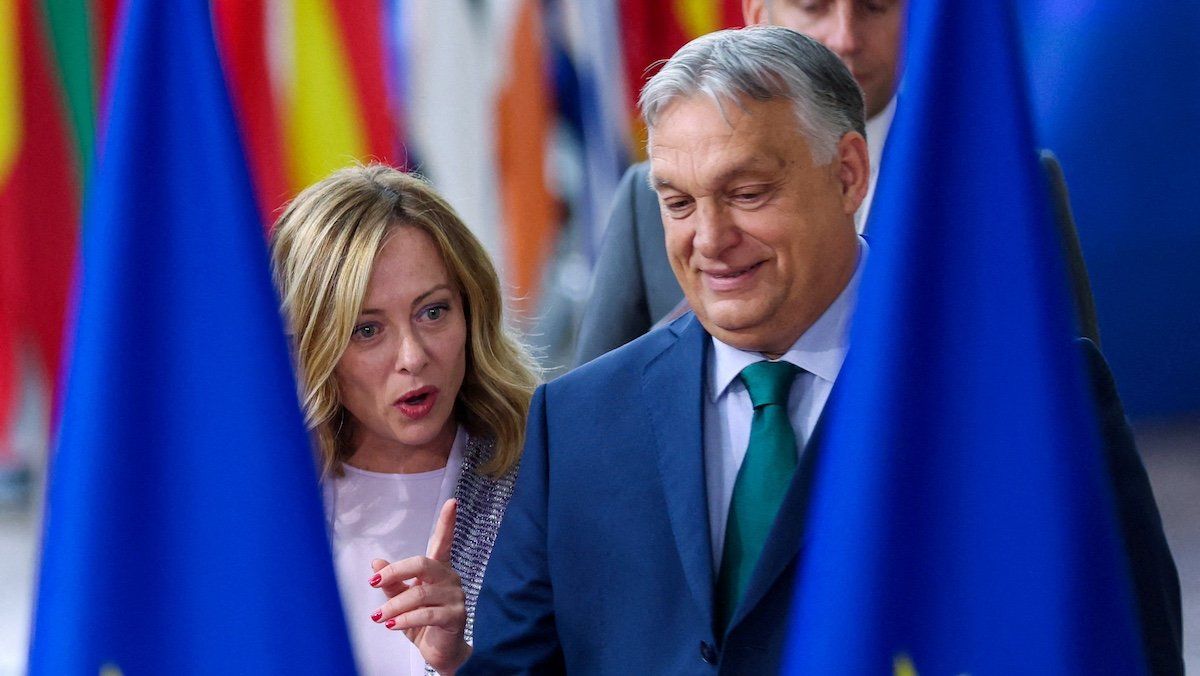What is this, a Hapsburg revival? Right-wingers from the political core of the former Austro-Hungarian Empire announced Sunday they would form a new Russia-leaning alliance in the EU parliament. Austria’s Freedom Party, Hungary’s Fidesz, and the Czech Republic’s Action of Dissatisfied Citizens, aka ANO, have committed, but the “Patriots of Europe” alliance needs at least one MP from four other EU member states to become an official faction, which they seem confident of obtaining.
The move draws a clear cleavage in the far-right camp between pro- and anti-Ukraine parties on Europe’s far right. Italian Prime Minister GiorgiaMeloni has forged a pragmatic path to electability by leaning heavily into support for Ukraine and the EU while insisting on hardline immigration policies. It’s paid off for her, but her approaches – and meteoric rise – haven’t sat well with some of the Euroskeptic, Russia-friendly old guard. This new alliance is their play for greater relevance in Brussels, to avoid being overshadowed by Meloni’s new kids on the populist bloc.
What we’re watching: Does Alternative for Germany, recently
expelled from
Marine Le Pen’s Identity and Democracy faction, join them? AfD won 16% of the vote in Germany during this month’s EU Parliament elections, and their allegiance would elevate Patriots for Europe. That said, the far right is already divided between Le Pen’s Identity and Democracy and Meloni’s European Conservatives and Reformists. Slicing off another piece only helps centrists like European Commission President
Ursula von der Leyen sleep a little easier.
